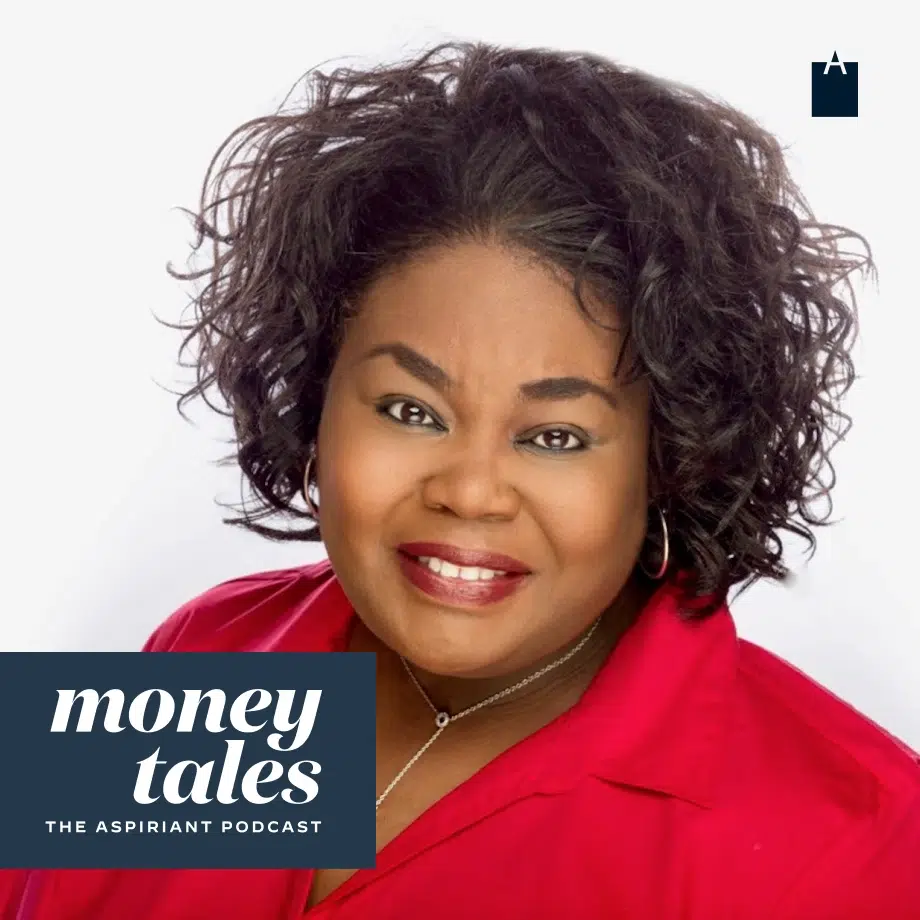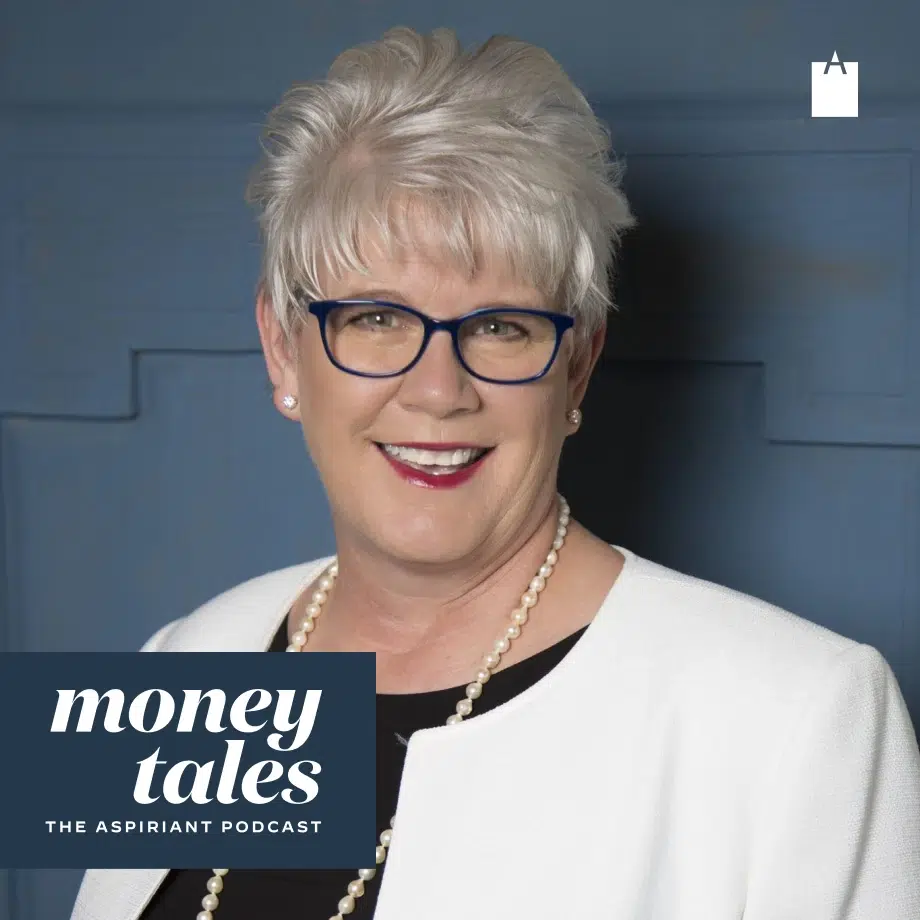
For many who have spent years building, managing or inheriting significant wealth, the fear of running out of money can linger—no matter how strong the financial plan. It’s a deeply human concern that rarely aligns with the actual numbers. Even with well-designed portfolios and thoughtful liquidity planning, emotional echoes of scarcity can remain—especially for those approaching an affluent retirement.
At Aspiriant, we understand that true wealth planning is as much about mindset as it is about math. As wealth managers, the most meaningful value we offer isn’t just in bringing clarity to your financial life—it’s helping transform anxiety into confidence.
Understanding the scarcity mindset and spending anxiety
A scarcity mindset isn’t just about dollars and cents; it’s rooted in emotion and experience. Often, these fears stem from childhood, past financial stress or messages absorbed over time: “There’s never enough.” Even the most rational plans can’t fully erase these feelings, because scarcity thinking builds its own psychological walls.
Behavioral-finance author Morgan Housel, in his book The Art of Spending Money, explores how emotions shape financial decisions more powerfully than spreadsheets ever can. The same is true for many people and families we serve—confidence comes not only from data, but from understanding the emotions behind the numbers.
The first step to moving past it is simply acknowledging these emotions and understanding their origins—radical acceptance, as therapists call it. This awareness can bring relief and empowerment, knowing that emotional barriers can be recognized and addressed.
This shift—from fear to freedom—often begins with clarity. Liquidity planning, disciplined portfolios and thoughtful risk management together create a strong foundation for future flexibility. The real question becomes: “How do I spend in meaningful, enriching ways?” rather than “Can I afford to spend?”
Many people who have always saved diligently or inherited wealth often struggle the most to allow themselves to enjoy it. The math rarely justifies the fear. Instead, with guidance, families we serve can learn to balance rational financial review with compassionate self-reflection. Reviewing real numbers, sharing anxieties and acknowledging the strength of a well-built plan can gradually shift the mindset from anxiety to empowerment.
Principles of intentional and confident spending
Once fear gives way to understanding, the next step is intention. Spending well isn’t about loosening control—it’s about creating alignment between your values, your lifestyle and your long-term plan. When viewed through this lens, every decision becomes part of a thoughtful financial strategy designed to support what matters most.
We often see this play out across generations. One family we serve, with a substantial balance sheet and modest lifestyle, realized that continuing to work wasn’t about necessity—it was about purpose. Another individual discovered through planning that returning to work was optional, not required. Once she saw the data, her mindset shifted from anxiety to opportunity—allowing her to pursue education, travel and new passions on her own terms.
- Spend intentionally, making choices that truly reflect your values and the lifestyle you desire.
- Celebrate enjoying life now while also protecting your future self.
- Build resilience by keeping some flexibility for the unexpected.
- Invest in what endures: health, education, relationships and experiences.
- Regularly review decisions, since life and priorities naturally evolve.
What intentional spending looks and feels like
Intentional spending isn’t about extravagance—it’s about alignment. When wealth is used purposefully, it brings energy, meaning, and satisfaction to daily life. People and families we serve often find that shifting focus from accumulation to intention creates more joy and connection than any single purchase ever could.
- Direct more money toward experiences rather than just assets. Luxury travel, philanthropy, fine dining or time with loved ones often yield richer returns than business holdings alone. This intentional spending brings joy, excitement and fulfillment, making your wealth work in rewarding ways.
- Save time and reduce friction. Concierge medicine, private travel, trusted household staff and a dedicated wealth management team can simplify life——they’re investments in well-being, not indulgence.
- Pursue passions deeply. Whether art, watch collecting, rare spirits or supporting culture, living these passions offers fulfillment far beyond financial gain.
- Pass it on thoughtfully to the next generation. Strategic gifts, educational trusts and values-based philanthropy can empower future generations responsibility and meaningfully.
From awareness to financial confidence: how planning provides clarity
Intentional spending transforms wealth from a source of worry to a source of freedom. When your financial choices align with a personal vision and values, it’s not just money leaving an account—it’s wealth actively working in the world to enrich lives and legacies.
For many of the families we serve, thoughtful wealth planning provides reassurance that their goals are well supported. The key question isn’t “Will this diminish my wealth?” but “Am I enhancing my life, my family and my legacy with this choice?” If the answer feels like yes, it may be time to give yourself the freedom to spend.
Financial confidence isn’t about eliminating uncertainty; it’s about knowing your plan is designed to adapt as your life evolves—helping you make values-based spending decisions grounded in clarity and peace of mind.
Redefining ‘enough’: overcoming the scarcity mindset
Ultimately, breaking the scarcity mindset is about redefining what “enough” means. It’s the moment when abundance stops being measured only in numbers and starts being expressed through well-being, connection and generosity.
With clear liquidity planning and intentional spending, wealth becomes more than security—it becomes a tool for living with purpose and confidence.
To hear how others have faced similar questions about wealth, purpose and mindset, explore these Money Tales podcast episodes:
Building clarity and confidence in your financial life
If this topic resonates, you’re not alone. Many of the individuals and families we serve share similar questions about how to enjoy the wealth they’ve built while staying true to their values. As Morgan Housel reminds readers, how we feel about money often matters as much as how we manage it.
Explore our insights on the 7 Principles of Wealth Management, or talk with an Aspiriant wealth manager about how intentional spending can support the life you envision.

 Talk to us
Talk to us 














